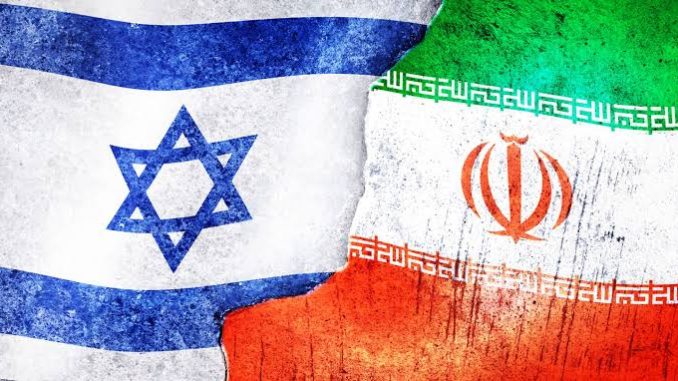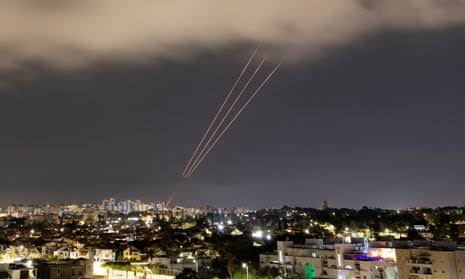
The Middle East is once again at the center of global attention, as tensions between Israel and Iran, along with their proxy forces, threaten to spiral into a larger conflict.
The recent surge in violence, coupled with calls for military action, has raised concerns about the potential for a wider war in the region.
Over the past year, Israel has faced escalating threats from Iranian-backed groups, including Hamas and Hezbollah.
These militant organizations have launched attacks on Israeli towns, targeted civilians, and disrupted the security of the region.

Israel, in turn, has responded with military strikes on these groups’ positions in Gaza and Lebanon. Now, there is growing momentum within Israel’s political and military circles to go a step further—targeting Iran directly.
Former Israeli Prime Minister Naftali Bennett has added fuel to the fire by publicly calling for an immediate strike on Iran’s nuclear facilities and central energy infrastructure.
Bennett described Iran as the “head of the octopus” of terror, with its proxy groups serving as tentacles carrying out attacks on Israel.
According to him, Israel has a rare opportunity to strike a critical blow against the Iranian regime, which he sees as a threat not just to Israel, but to the stability of the entire region.
Iran, meanwhile, has remained defiant. Its leadership continues to support its proxy groups across the region—Hamas in Gaza, Hezbollah in Lebanon, and the Houthis in Yemen—while developing its nuclear capabilities, a point of contention that has long been a red line for Israel and the international community.
The involvement of global powers also complicates the situation, as the United States, a key ally of Israel, has reiterated its commitment to Israel’s security but has expressed caution about a full-scale confrontation with Iran.
At the same time, Russia and China have positioned themselves as strategic partners to Iran, complicating diplomatic efforts to douse the situation.
As the region braces for the possibility of a broader conflict, the international community is left asking: What is going on in the Middle East, and where is it headed?
The potential for a major escalation has global implications, from energy markets to geopolitical alliances, and could reshape the balance of power in the region for years to come.
The current tensions are a reminder of the unpredictability of the Middle East, where long-standing rivalries, proxy wars, and political instability continue to shape the future of the region.
Whether the situation will lead to a full-scale conflict or a diplomatic resolution remains uncertain.

